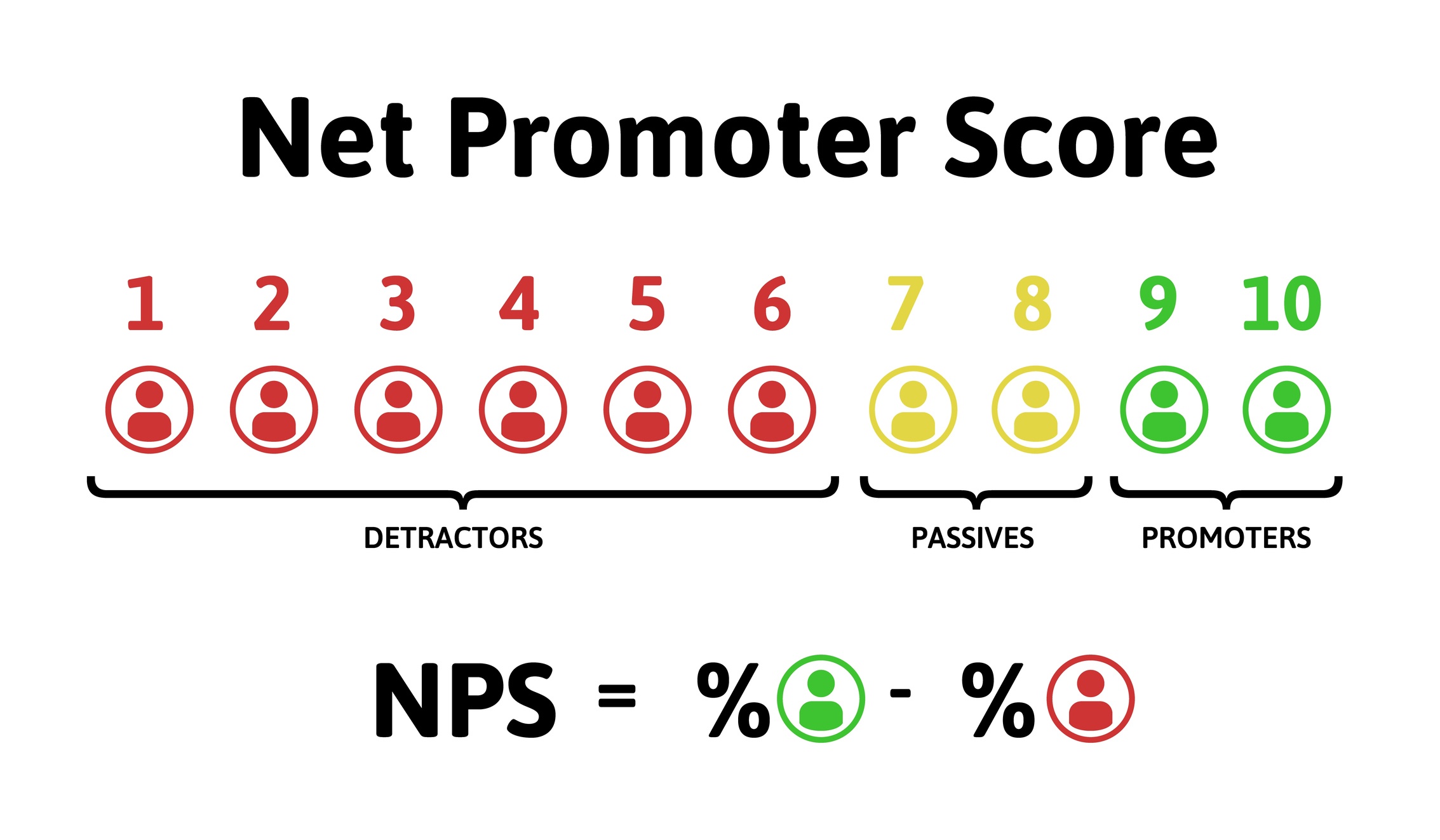
What is Net Promoter Score (NPS)? A Guide for B2B Companies
Introduction
Net Promoter Score (NPS) is a widely used metric to gauge customer loyalty and satisfaction.
In B2B contexts, it serves as a powerful tool to understand client relationships, predict business growth, and identify areas for improvement.
1. Understanding NPS
NPS is determined by asking customers a single question:
“How likely are you to recommend our company/product/service to a friend or colleague?”
Respondents answer on a scale from 0 to 10, and based on their scores, they are categorized as:
- Promoters (9–10): Loyal enthusiasts who will keep buying and refer others, fueling growth.
- Passives (7–8): Satisfied but unenthusiastic customers who are vulnerable to competitive offerings.
- Detractors (0–6): Unhappy customers who can damage your brand and impede growth through negative word-of-mouth.
To calculate NPS:
NPS = % of Promoters – % of Detractors
The score ranges from -100 to +100.
A positive score is generally considered good, and an NPS of +50 is excellent.
2. Why NPS Matters for B2B Companies
In B2B environments, NPS provides:
- Insight into Client Loyalty: Understanding how likely clients are to recommend your services.
- Predictive Value: Identifying potential churn risks and opportunities for growth.
- Actionable Feedback: Gathering qualitative insights to improve products and services.
By regularly measuring NPS, B2B companies can foster stronger client relationships, enhance service offerings, and drive business success.
3. Best Practices for Implementing NPS in B2B
To effectively utilize NPS:
- Define Clear Objectives:
Determine what you aim to achieve with NPS, such as improving customer satisfaction or reducing churn. - Survey at Strategic Touchpoints:
Collect feedback at key stages of the customer journey, like post-purchase or after support interactions. - Analyze and Act on Feedback:
Review NPS data regularly and implement changes based on customer insights. - Close the Loop:
Follow up with customers to inform them of actions taken in response to their feedback.
Implementing these practices ensures that NPS becomes a valuable tool for continuous improvement in B2B customer relationships.
4. Benchmarking NPS in B2B
NPS benchmarks can vary across industries and regions.
However, understanding industry-specific benchmarks helps in setting realistic goals and measuring performance effectively.
For instance, in the B2B sector, an NPS score of 30+ is often considered excellent, indicating strong customer loyalty and satisfaction.
5. Conclusion
Net Promoter Score is more than just a metric; it’s a strategic tool that, when implemented correctly, can lead to enhanced customer loyalty, reduced churn, and overall business growth.
For B2B companies, leveraging NPS effectively is crucial in maintaining competitive advantage and fostering long-term client relationships.
Ready to Implement NPS in Your Organization?
At SurveyGauge, we specialize in helping B2B companies measure and improve customer experience through NPS and other feedback tools.
Contact us today to learn how we can assist you in integrating NPS into your business strategy.

